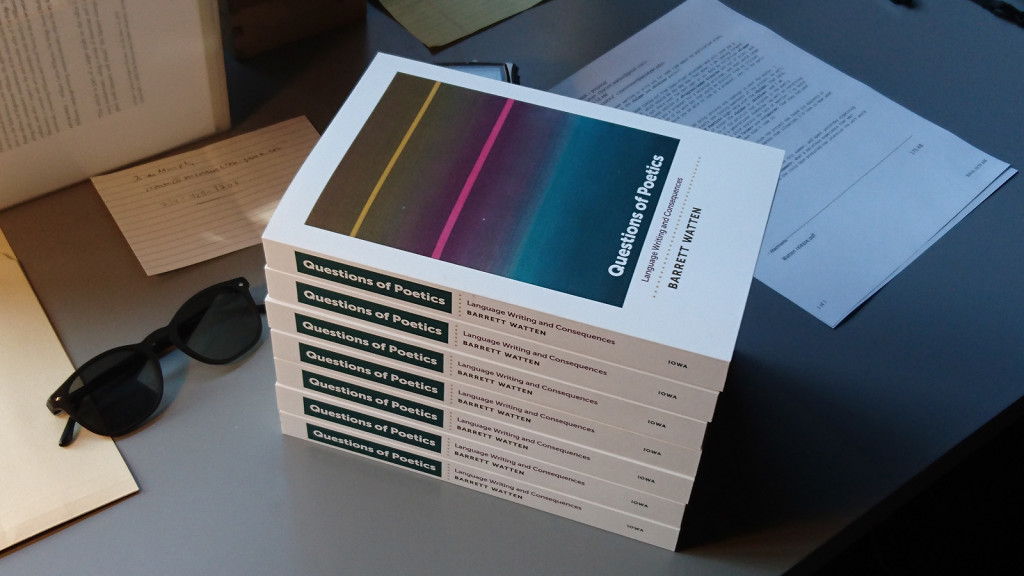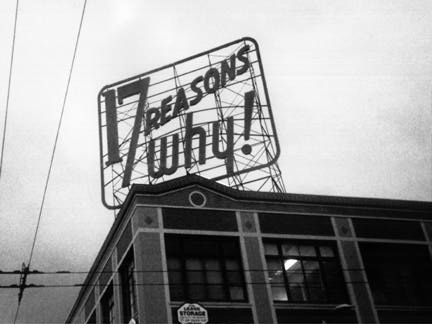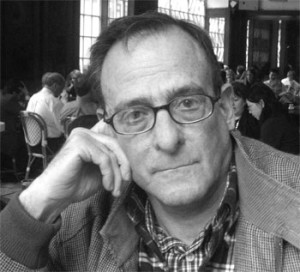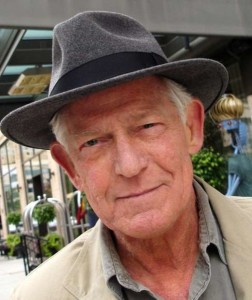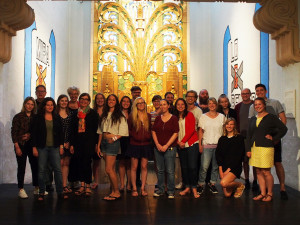Reason 1: Language writing should not be understood in merely formalist terms.
Reason 2: It is a consequence of the cultural logic of the period(s) in which it was written and has its influence.
Reason 3: But, we must ask, what is a cultural logic, and how many of them are there to name?
Reason 4: If Enlightenment is a cultural logic, not just an abstract universal, the poetics of this situation are yet to be found out.
Reason 5: It is not exaggerating to claim these debates have scarcely been engaged, and will continue past publication of this volume.
Reason 6: The relation of Language writing to identity is a major motivation, as is the question of free speech as liberationist goal. … More
